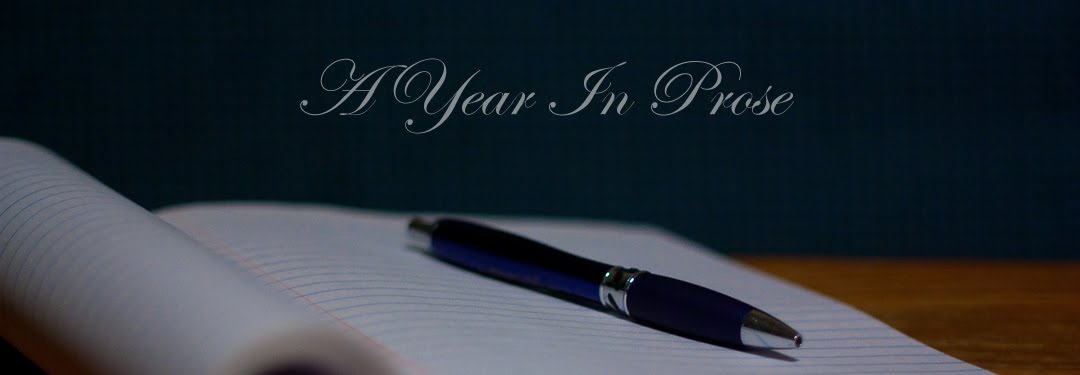Basic – 409
Sarah Van Name
Dear Mr. Stryker,
I have begun to confuse the words of the script. I wake up not knowing where I am and hear them splashing against the still-lucid edges of my dreams: trees in bud and in blossom, movies, Main Street, “Restless America.” I brush my hair, throw water on my face. My notebook and negatives are overflowing with listed and unlisted images, and before I go to sleep I feel them around me – lifting me up, weighing me down, tattooed on me in invisible ink.
Your scripts have given me direction, and even from the beginning I knew their implications. When we started out it was made clear that we were to record everything. But you never said why, and it took me a long time to understand.
In all of this (mint julep, fences, children at play) I think you’re trying to get at some basic knowledge at the underpinning of everything – not just America, but the world of humans. I bet if the U.S. government had given you money to photograph India, Belgium, Russia, the Congo, you would have crossed oceans without a second thought. What we’re really looking at here are the eyes of people. The moment before the smile, and the aftermath as it breaks like glass upon the cold, bright air.
plains of Illinois
pine hills
river bottom
That’s how you ended the last script you sent out. I’ve done my best to capture these things and the rest. Enclosed you’ll find photos of flat cornfields, horizons broken by single skeleton trees, mountains blanketed in dark green; dry riverbeds littered with stones and plastic cups, and also the dirt and stones that sit quietly as running river water rushes over them. You can have them, to hang on walls or to put away in the ever-increasing File of life on the second floor of the office.
Also enclosed you’ll find a formal letter of resignation. I’ve sifted through all of these pictures, all of these months and months of crooked contact sheets, and there’s something behind all of them that I can’t quite catch. In the girl at the soda counter, the way she holds her hands. In the torn concert posters. It’s that basic underpinning of humanity and it’s untouchable by even the best.
We both know I’m not the best, not even close. And I’m haunted by what I can’t capture. So here, Mr. Stryker, I’m saying thank you and goodbye.
----------------------------------------------------------------------------------------------------------------
Afterword:
A Year in Prose is done. This is the last one. Fifty-two weeks of writing projects, some on time, some not, but all, finally, finished. It’s going to be a little weird not to go to oneword.com and random.org every Tuesday as I now habitually do, but I’m really proud of myself for seeing this project through.
Even though Stephen thinks I’m going to destroy him when we finally meet at Aaron/Ben/Lindsey/Kevin’s graduation because he didn’t keep up with AYIP, I actually harbor no resentment whatsoever for the rest of the group giving it up. (Although keep this quiet because I told Stephen that I was planning on showing up like this to graduation, my rage vast and unable to be contained.) Our lives are insanely busy, and the fact that this lasted as long as it did as a group project is a good indicator of how much fun we all had with it. I got to read so much good writing because of this. And I never would have gotten to read any of it, much less write at all, if Aaron hadn’t had the idea for the project and started it up and if Ben, Lindsey, Stephen, Mary Loo, and Kevin hadn’t all joined. So, thank you.
If you’re reading this at all (I know this is not many people) thank you too. I would have done this all for myself but it’s pretty cool to had have an audience, even if it’s an audience I can count on one or two hands.
A couple other small things – if anyone is curious about the Roy Stryker pieces that I have finished with, the story is this: Roy Stryker was the Head of the Historical Section for the Farm Security Administration in the late 1930s. The Historical Section’s purpose was to document the government’s relief programs in rural America, but Stryker was given an enormous amount of freedom (in terms of both funding and oversight) to essentially photograph all aspects of rural and small-town American life.
His photographers took pictures upon pictures upon pictures whose only purpose was to go into a massive file (actually known as “the file”) of American life that Stryker kept simply for its own sake. To help guide their creative process, he sent out his photographers with shooting scripts – essentially long lists of images and concepts, very like poems, which he wanted to capture. An example can be found here: http://americanimage.unm.edu/shootingscript.html
The other thing is that if anyone wants to start another writing project with about the same level of commitment as this one (weekly, not long writings), let me know. This has kept me writing weekly and that in and of itself is a blessing.
I hope you’ve enjoyed A Year in Prose as much as I have.
Love,
Sarah
